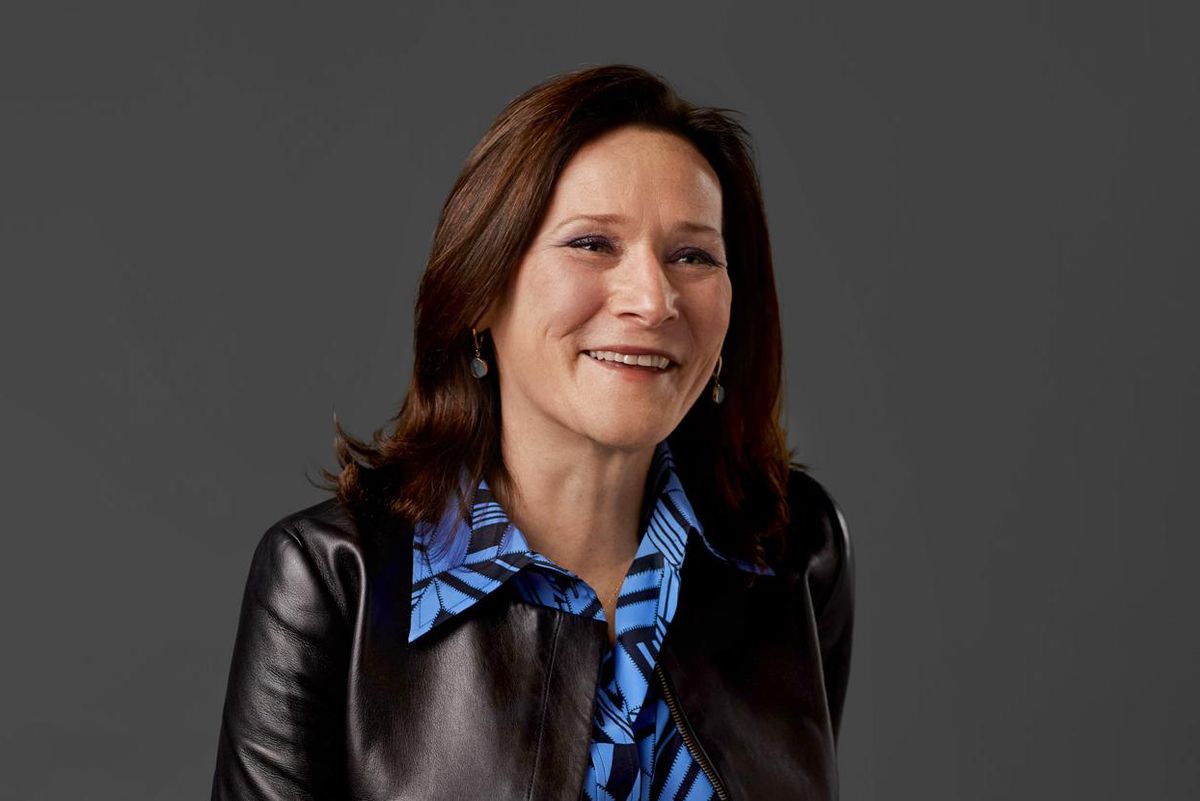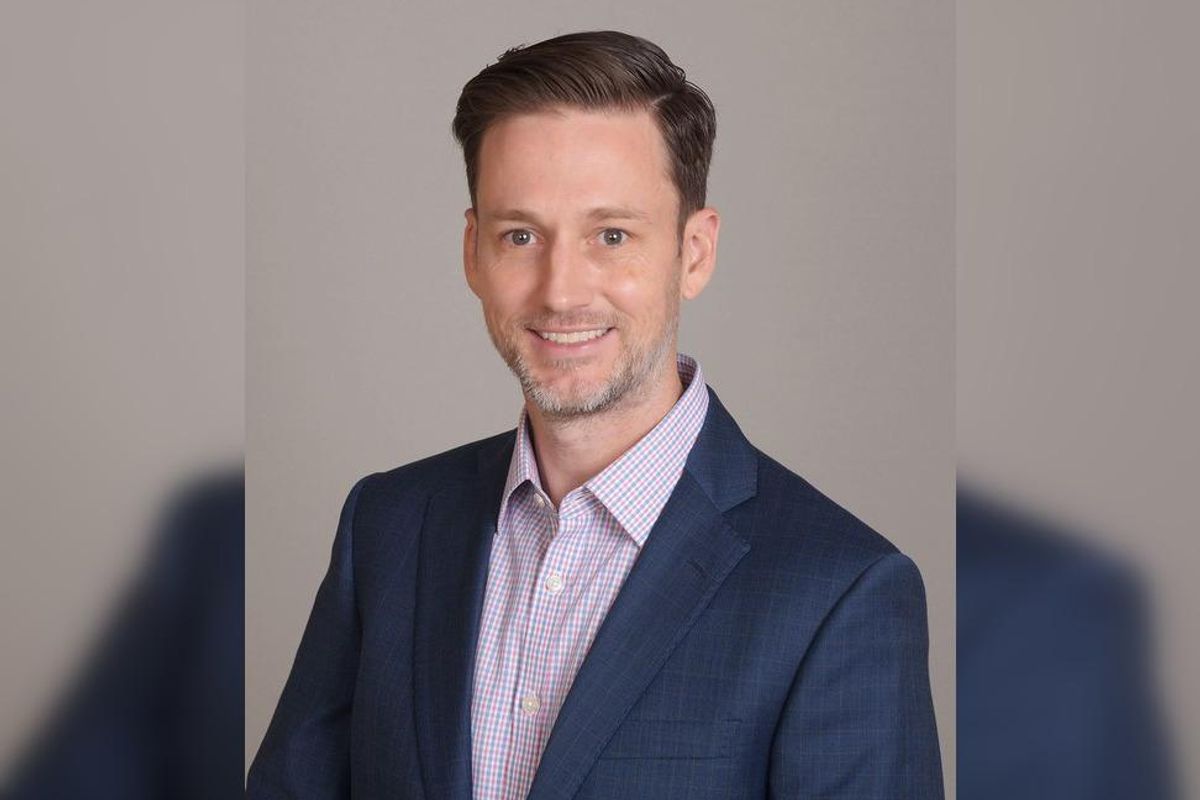Overheard: Houston experts discuss women in med tech, insight from investors, and more
Eavesdropping in Houston
Houston's health innovation community is making strides every day toward greater quality of care and technology adoption — but what challenges is the industry facing these days?
Through a partnership between Houston Methodist and Texas A&M University's ENMED program at Houston Tech Rodeo, health innovators weighed in on topics surrounding the industry, including biases and investment opportunities.
Missed the conversation? Here are seven key moments from the panels that took place at A&M's new ENMED building in the Texas Medical Center on Thursday, March 3.
“When I look at learning and understanding the priorities — how to take care of patients and also enable those who are doing that work, that’s part of understanding the culture and learning because in the 40 years that I’ve been in the industry, it’s never been the same. There are always things that continue to present challenges from unexpected places.”
— Ayse McCracken, founder of Ignite Healthcare Network, says on the "Four Fierce Females" panel, referencing the rate of tech disruption and how new technologies, medicine, etc. can change the health care industry and practitioners need to find ways to keep up and stay ahead of the curve.
“Whenever you experience biases, what can you do? You can lean into the fact that we are in a position to help educate and make a change. And that’s going to look different for every one of us, but lean into that instead of feeling down by it.”
— Samantha Lewis, principal at Mercury Fund, says on the "Four Fierce Females" panel, explaining that women across industries should lean into being a change agent when met with bias in the workplace.
“The reason I feel so passionate is (I’m always thinking,) ‘What more can we be doing for our community? What’s working well and what’s not working well,' so I can take that back and make positive changes in our organization.”
— Michelle Stansbury, vice president of innovation and IT applications at Houston Methodist, says on the "Four Fierce Females" panel, explaining that when she's on the other side of the equation as a patient, she really considers her experience and how it could be better.
“Every time you raise money you’re telling a story. You have to figure out what adds value to that story. … I think health care is tricky too because people getting into it aren’t necessarily aware of how complex it is.”
— Dan Watkins, venture partner and co-founder at Mercury Fund, says on the "Where’s My Money At?" investor panel, adding how important it is to investors that founders have specific information — market potential, road map, etc. — when pitching to VCs.
“As a health care startup founder and CEO, you have to wear so many different hats — especially if you’re talking about diagnostics and medical devices. It starts in the science, moves to engineering, and then winds up being commercial. To expect someone to be an expert at all those fields is very difficult.”
— Tim Marx, venture partner at Baird Capital, says on the "Where’s My Money At?" investor panel, adding that, “That’s why we look for the CEOs who really understand where they are, where they’re going, and what they need.”
“One of the things we really appreciate when we engage with founders, it’s not about ‘here’s why my company is great.’ It’s more about understanding the questions your business needs to answer. … If you think about that, that’s what we want to fund. We want to invest in the vision, opportunity, and the people, but we want to fund the — the roadmap — that usually comes with being thoughtful about the questions you’re trying to answer.”
— John Reale, venture lead at TMC Venture Fund, says on the "Where’s My Money At?" investor panel, adding "That's where we get energized."
“The idea to attract talent that’s already built great companies across the US and the world to come here, hire here, and grow here — that’s starting to actually pay off. One of the things that’s big about Houston is it’s really gritty — it’s very ‘show me the data and prove it to me first.’ … We’re having those proven points.”
— Emily Reiser, associate director of innovation at the Texas Medical Center , says on the "Where’s My Money At?" investor panel about the work TMC is doing with its accelerator program.



 Apple doubles down on Houston with new production facility, training center Photo courtesy Apple.
Apple doubles down on Houston with new production facility, training center Photo courtesy Apple.